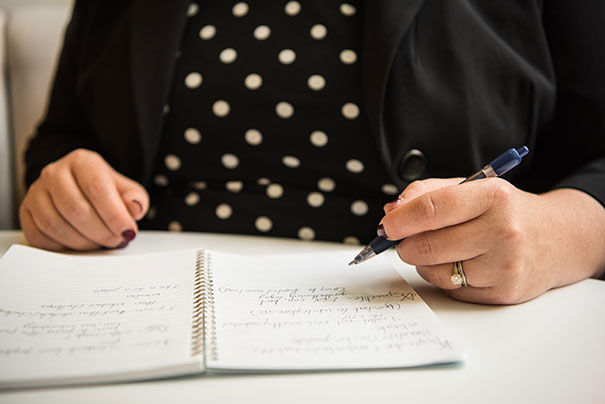I didn’t ever imagine that I would be saying the words “self-isolation” or “social distancing”, let alone being confined to home except in certain circumstances; however, this is the reality of the first quarter of 2020. An unwelcome addition to the increasing burden of stress in modern-day life.
Apart from the fear of contracting the Coronavirus, we are all being taken out of our comfort zones and have to deal with scenarios that we would never imagine; scenarios that currently have no end date and no inevitability. Panic buying of toilet rolls, hand sanitisers and tins of tomatoes have helped to whip up the public into a frenzy, causing panic and additional stress. As for eggs, I am still looking, but some people must be making the world’s largest omelettes.
This behaviour is a solid and sudden elimination of the #BeKind movement; a movement that was helping towards a reduction in stress and suffering.
Stress is the body’s reaction to any change that requires an adjustment or response. The body reacts to these changes with physical, mental, and emotional responses. Stress is a normal part of life. Even positive life changes, such as a promotion, a mortgage, or the birth of a child, produce stress.
Stress manifests itself in many individual ways and we should be mindful that everyone deals with their stresses in their own way.
Now more than ever, we should be pulling together to provide support to colleagues, family, friends and neighbours. It helps to talk, share experiences, and most importantly listen. Listening will show that if you are stressed you are not alone. Everyone has different levels of stress during different times of their lives and this should not go unnoticed.
We may not be able to be closer than two metres to most people, but we can take time to spend more “virtual” time with loved ones and the vulnerable, and remember that sometimes, the most stressed are the least vocal and/or prepared to share their issues.
Whilst stress is not time-bound, Stress Awareness Month has been held every April, since 1992. During this annual thirty-day period, healthcare professionals and health promotion experts across the country join forces to increase public awareness about both the causes and cures for our modern stress epidemic. Now is absolutely the time to support this campaign and for us to do our best to spread the message.
Not all forms of stress management will work for everyone, but the following list is worth attempting to identify the practices that may help each individual and their own personal circumstances:
- Prioritise your health
- Get a good night’s sleep
- Practice deep breathing
- Eat healthily
- Learn to say no
- Make time for exercise
- Adopt a positive mindset
- Stay hydrated
- Turn off technology (once we have “spoken” to loved ones)
In the same way that stress manifests itself in different ways, so does wellbeing. Technology plays its part and there are many apps that help to engage and reward users and to educate on the value of things such as exercise and mindfulness. They also help to understand what drives meaningful, long-term behavioural change; a new normal for this generation.
Work stress and personal stress (financial, relationship, mental health, etc) are on the increase and with additional stress from the current pandemic, new ways to support each other should be shared to reduce stress on stress on stress.
Together we can continue to help each other and reduces stressors, but ensure that we stay safe, stay at home, and listen to Government advice until the current pandemic subsides and we can go back to “normal”… whatever that is.
